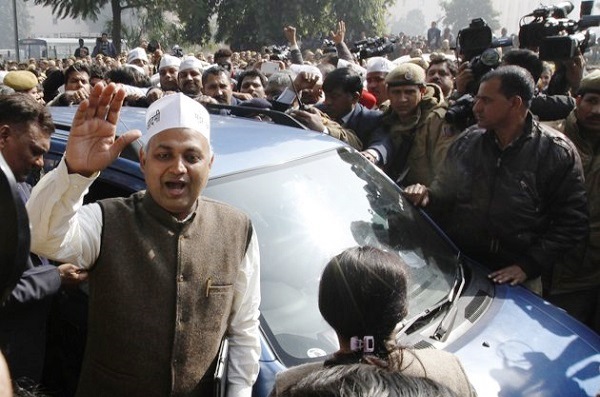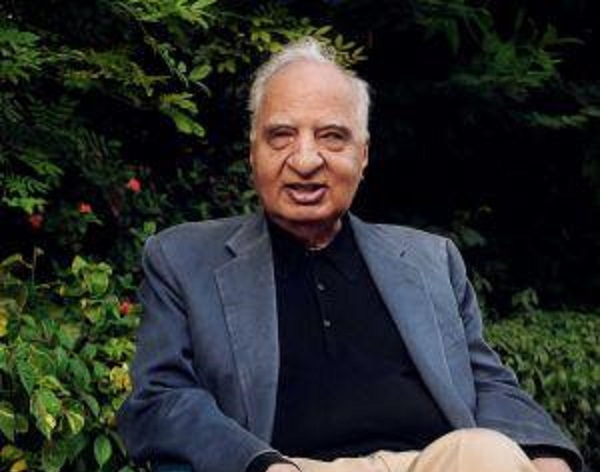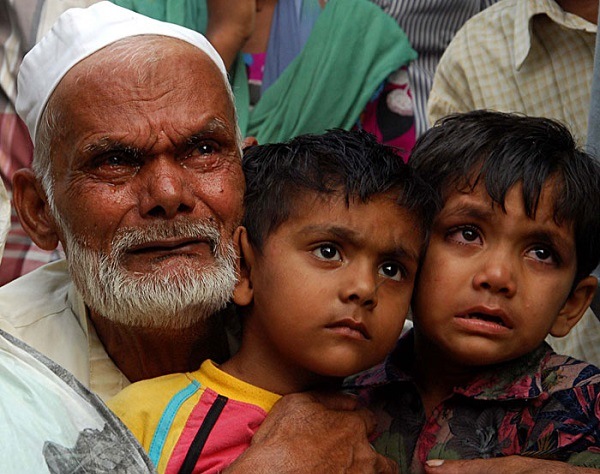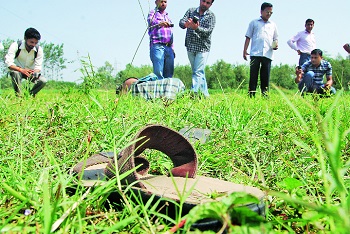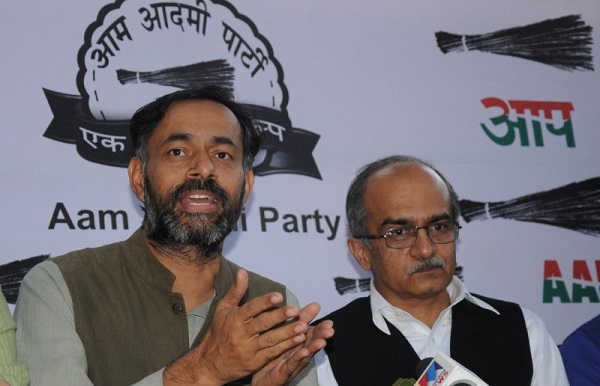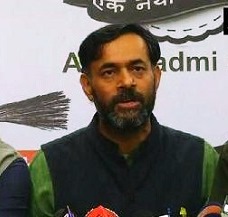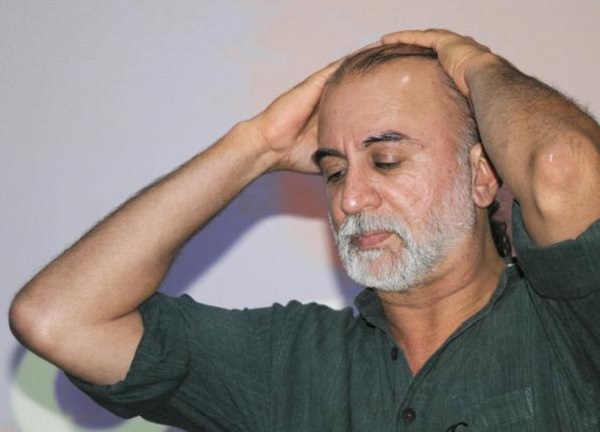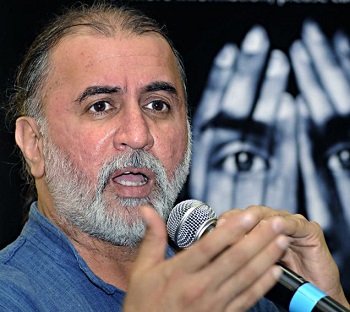Somnath Bharti’s antics against the Ugandan women spell doom – will this happen with communities in the country as well?
 by Humra Quraishi
by Humra Quraishi
We’ve all heard of the dreaded midnight knocks on doors and raids happening in the Kashmir Valley and in the North East, but to have a similar thing happen in Delhi is unthinkable. Delhi’s Law Minister Somnath Bharti and his men barged into a home of a small group of Ugandan women, and not just abused them but accused them of running prostitution and drug rackets!
Call this intrusion by any term of your choice, barbarism or anarchy or dictatorship, but this act reeks of double standards and racism. Could Bharti and his men have barged into a fellow minister’s home or into a tycoon’s farmhouse or even in the hotel room of a European in this fashion? No, because he would have been thrashed and thrown out!
But his terrorising antics against these Ugandan women have a lot to do with our misconceptions against dark-skinned people and our prejudices against Africans. Bharti merely played on our biases, throwing serious accusations at these hapless women. His language, his thoughts, his tactics – all of these were utterly third class and unworthy of a law minister.
And if this kind of behaviour is not halted in time, it would spell disaster for all of us. For today, this is happening with Africans. Tomorrow, what stops this behaviour from turning inward, towards particular communities or castes or minorities? That’s how ghettos are made – and that’s how so many exist in the country already.
Why speak of ghettos alone? Something like this has already been in operation for so long, in our major cities. Well-to-do Muslims have voluntarily moved to the outskirts of Ahmedabad. Muslims are outright refused houses in upscale localities in Mumbai, and there exist Muslim localities where not a single Hindu family will be found. This has not just broadened the gap between two communities, but has also paved the way for misconceptions about the ‘other’ – and who can blame them? After all, how can children from both communities learn about each other if they are not allowed to mingle with each other, if they are forced to live miles apart?
Coming back to the recent developments in Delhi, I must confess to a definite feeling of dismay. Though I have been writing in support of the AAP all along, I do feel concerned for the future. With little hope in the Congress, one looked at AAP as some sort of a saviour political outfit. But this one incident and its aftermath has paved the way for a re-think.
Humra Quraishi is a senior political journalist based in Gurgaon. She is the author of Kashmir: The Untold Story and co-author of Simply Khushwant.
(Picture courtesy in.news.yahoo.com)
